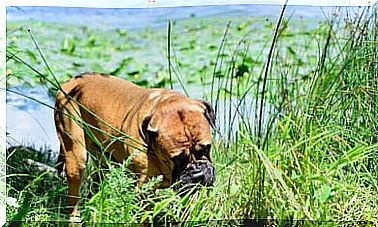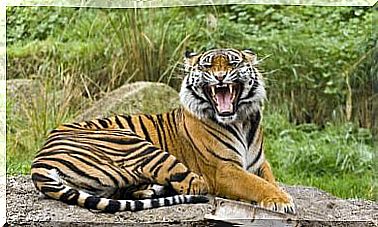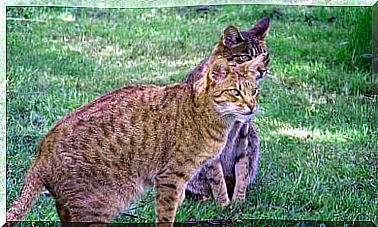The Iguana’s Diet And Its Importance For Health
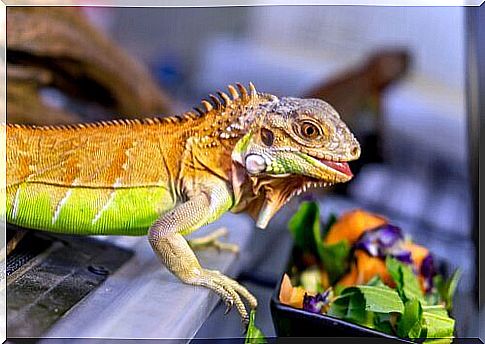
Among the exotic pets, the green iguana is the most common. The iguana’s diet is essential for its health and mistakes that are made can cause disease.
The iguana’s diet is strictly vegetarian
This point is crucial. The first thing you need to know is that the iguana is vegetarian and does not need to eat chicken, ham or any other food of animal origin.
Calcium and vitamin D, essential in the iguana’s diet
Sometimes elements, especially calcium, can be added to the iguana’s diet to avoid pathologies, such as metabolic bone disease.
It is difficult to provide this reptile with calcium without supplements and only on a natural diet. However, the calcium we will include will need to be absorbed via vitamin D.
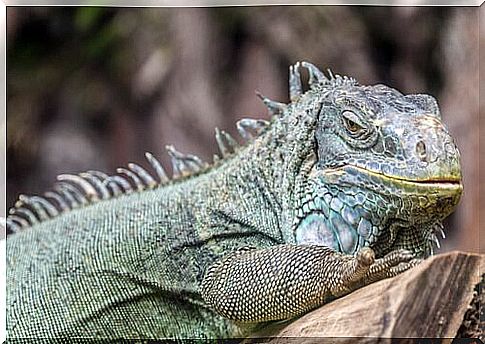
What foods should the iguana’s diet include?
First, foods with a high concentration of calcium, such as dandelion, alfalfa, or clover.
Use healthy foods, such as lettuce, alfalfa, kale, or clover, with a good amount of protein.
Although most iguanas are reluctant to eat foods that are not fresh, using alfalfa hay can be helpful in increasing the amount of fiber in the diet. Try adding a small percentage of hay to the salad and increase the quantities according to the preference of the animal.
Otherwise, vegetables such as carrot, chard, escarole or beetroot are fine. In small quantities, you can also add potatoes, courgettes, beans or some fruit, which should not exceed 15%. Melon or apple, for example.
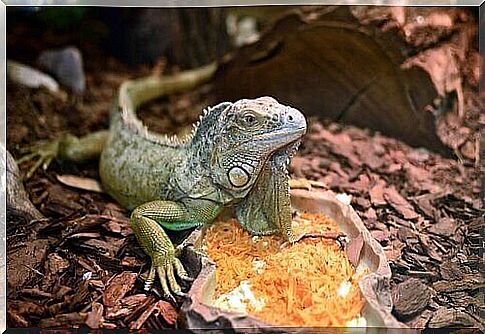
Foods not recommended in the iguana’s diet
Although they can be included in the diet, there are foods rich in oxalates such as spinach, kale, peas and beetroot leaves, and therefore must be used sporadically.
In the case of kale, cabbage and mustard leaves, they contain elements that can affect the thyroid, so they must be used occasionally. None of these foods are toxic, and kale and mustard leaves have good nutritional qualities, but the iguana’s diet cannot be based on these alone.
Water and dry foods: critical points in the iguana’s diet
Hydration is very important in reptiles due to their delicate kidneys. Water is essential, both for moistening the terrarium and inside the bowl.
It is especially important for iguanas that are fed with pellets. While in vegetable-based diets water is present in large quantities, feed contains very little of it.
Temperature also affects the iguana’s diet
Temperature is an element to take into account when taking care of reptiles. It is related to their appetite, and in cold conditions the iguanas barely eat.
So, if you notice that the animal eats little, check the conditions of the terrarium, especially the temperature and humidity in which it is located.


